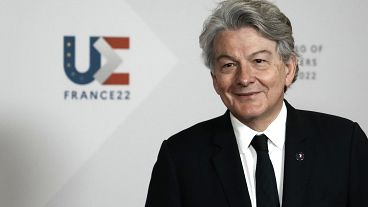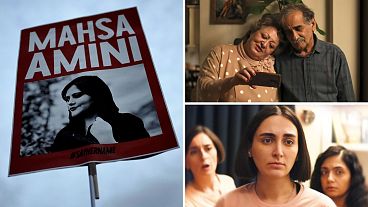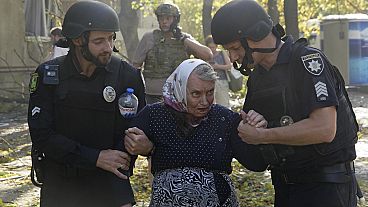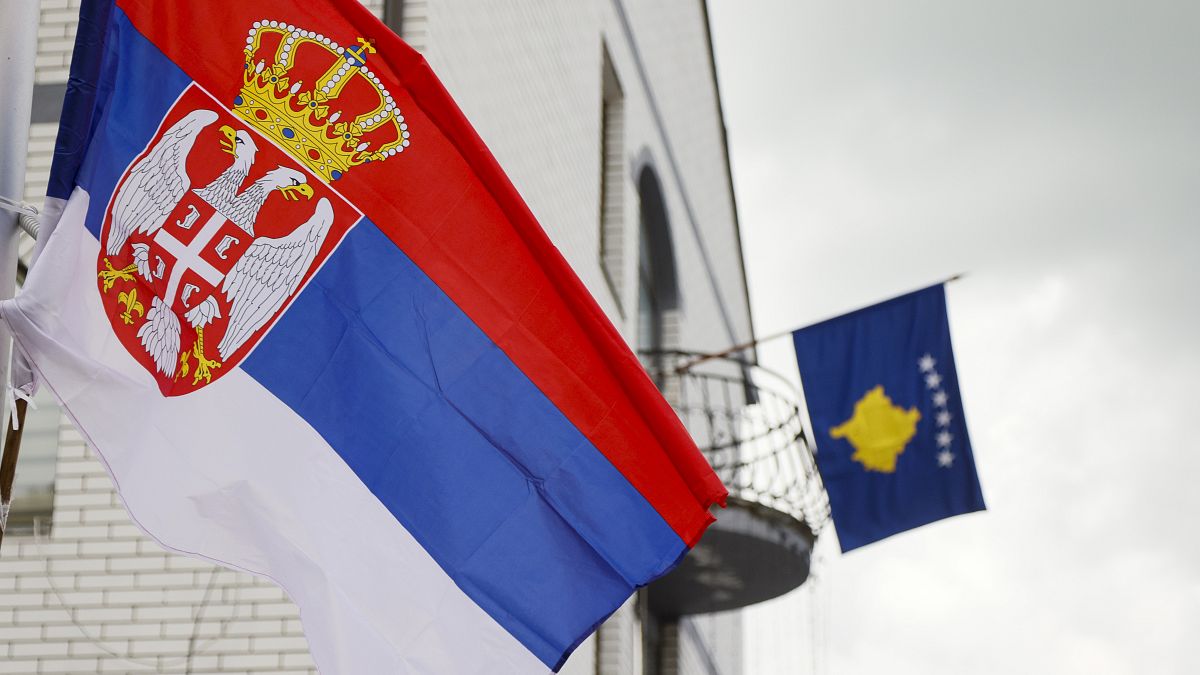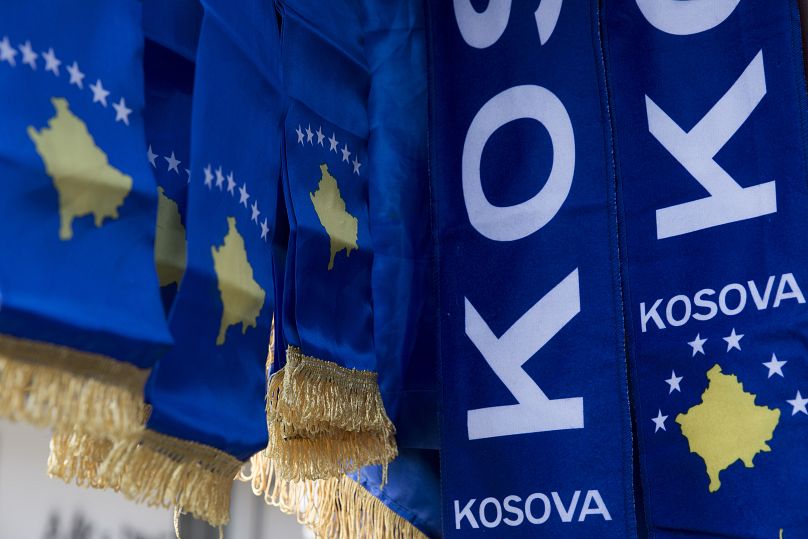Kosovo was a Serbian province until NATO's 78-day bombing campaign in 1999 ended a war between Serbian government forces and ethnic Albanian separatists in Kosovo, pushing Serbian forces out.
The European Union envoy for the Western Balkans has urged Kosovo and Serbia to step up efforts at normalising relations, saying such a move would be decisive toward the two countries joining the bloc.
Miroslav Lajčák was in Kosovo's capital, Pristina, for talks with Deputy Prime Minister Besnik Bislimi, in charge of the Kosovo side of the EU-facilitated talks.
"Of course, the very important issue is how to unblock the implementation of the agreement on the path to normalization and we had very detailed discussion," he told reporters.
The EU and the United States are pressing both sides to implement agreements that Serbian President Aleksandar Vučić and Kosovo’s Prime Minister Albin Kurti reached in February and March last year.
The Ohrid Agreement is a document drafted after days of talks in North Macedonia to normalise bilateral relations after decades of tensions.
"The agreement has also become part of Kosovo's EU path and Serbia's EU path," Lajčák said, adding that "there are statements here and there which are not helpful."
"I would say it is valid twice, between Serbia and Kosovo and between Kosovo and EU and Serbia and EU."
Lajčák, whose mandate has been extended until January by the bloc's Council, is working on the next high-level meeting for the two countries' leaders.
Tense relations
The relationship between Kosovo and Serbia remains tense and the 13-year-long normalisation talks facilitated by the European Union have failed to make progress, especially following a shootout last September between masked Serb gunmen and Kosovo police that left four people dead.
NATO-led peacekeepers have also increased their numbers along the Kosovo-Serbia border.
Washington, Brussels and the peacekeeping force have urged Kosovo to refrain from unilateral actions fearing the revival of inter-ethnic conflict, after authorities last week closed five so-called parallel institutions in the north, where most of the ethnic Serb minority lives.
Kosovo's Serbs said they would block roads to four out of five border crossings later Friday in protest against the closures.
They also demand Kosovo police withdrawal from the north and want the international peacekeepers to take control.
Lajčák urged the minority Serbs not to block the crossings as that would have "a negative impact on the freedom of movement."
Kurti last month called for the full reopening of a bridge in the flashpoint city of Mitrovica, a move that the West is concerned would escalate tension with the minority Serbs.
Mitrovica is divided into a Serb-dominated north and ethnic Albanian south, and the two sides rarely mix.
Kurti has also been at odds with Western powers over Kosovo's unilateral closure of six branches of a Serbia-licensed bank in northern Kosovo earlier this year.
Kosovo was a Serbian province until NATO's 78-day bombing campaign in 1999 ended a war between Serbian government forces and ethnic Albanian separatists in Kosovo, which left about 13,000 dead, mainly ethnic Albanians, and pushed Serbian forces out.
Serbia does not recognize Kosovo’s independence, proclaimed in 2008.

